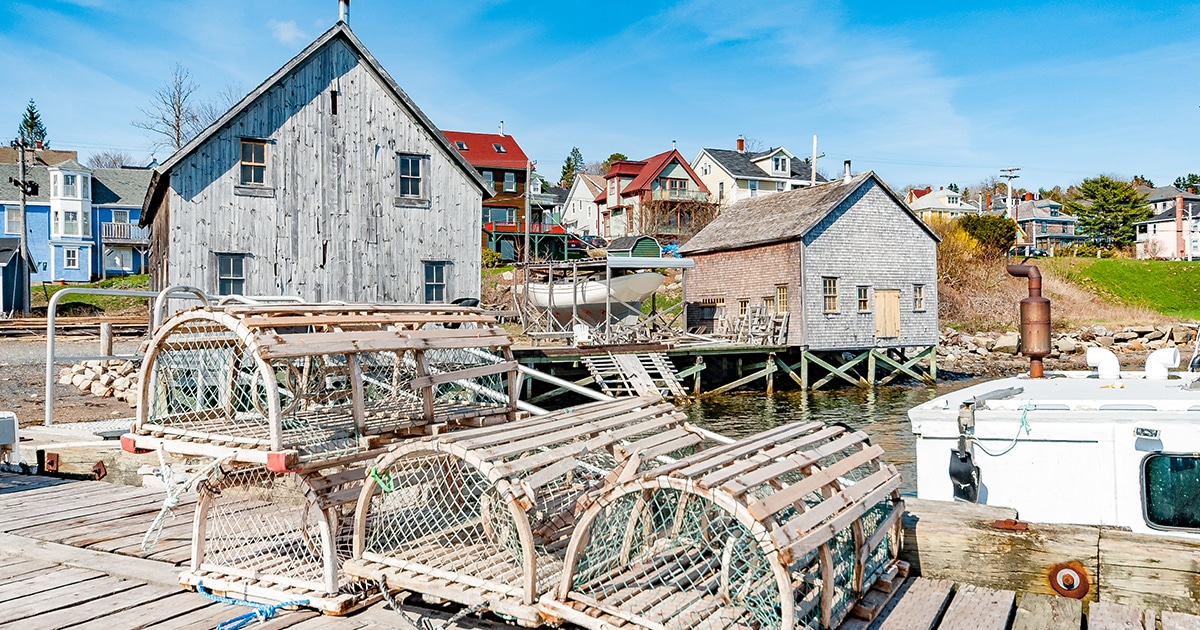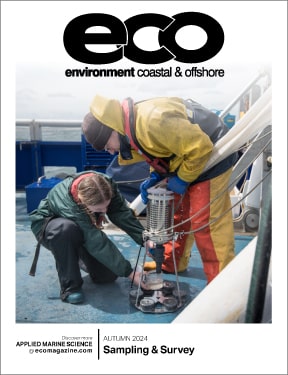“Coastal communities across Massachusetts are wrestling with an uncertain future and will need to respond to challenges brought on by the impacts of climate change,” said Economic Development Secretary Yvonne Hao. “The equipment deployed through this investment will expand our understanding of how rising temperatures are impacting our blue tech economy and coastal resiliency.”
The Cape Cod Commercial Fishermen’s Alliance project builds on the Environmental Monitors on Lobster Traps and Large Trawlers (eMOLT) program, which distributes low-cost sensors to lobstermen throughout New England and has been collecting data since the late 1990s. The lobstermen extract information about the waters they fish and record millions of measurements that inform fish stock assessments that result in a model for the changing environment of the New England coastline.
The funds will enable Lowell Instruments, eMOLTS long-time technology development partner, to equip 150 commercial fishing vessels with wireless devices to record temperature, conductivity, depth, and dissolved oxygen, creating the largest cooperative network of fishing boats and environmental sensors in the United States. In addition to providing fishermen with data collection equipment, this project will support workforce training opportunities by enabling cadets at the Massachusetts Maritime Academy (MMA) to be trained on the use of the equipment. Project partners will also develop a new curriculum for Massachusetts high school students to understand how the equipment works and what it is used for. This expansion of the eMOLT program will also provide bluetech companies with access to affordable ocean observing technology.
“The need for additional observations and better forecasts is compounded by the rapidly changing climate, which can cause massive economic impacts on commercial fisheries. For example, the value of the $200 million Alaska snow crab fishery has evaporated in recent years due to a population crash followed by a regulatory shutdown. New research indicates that the population crash in the Bering Sea was caused by subsurface marine heatwaves, something that has been difficult to measure in real time,” said Melissa Sanderson, Chief Operating Officer, Cape Cod Commercial Fishermen’s Alliance. “Massachusetts fishermen that used the first generation of these sensors report improved catch rates, ability to reduce bycatch, avoidance of spawning stocks and pro-actively moving gear to avoid ‘dead zones’ with low oxygen levels.”

